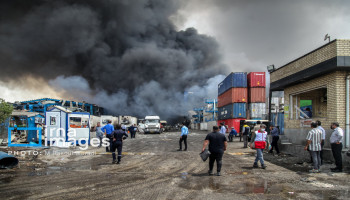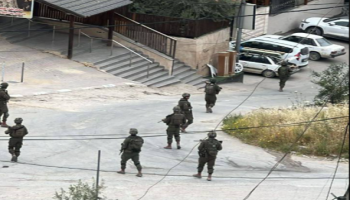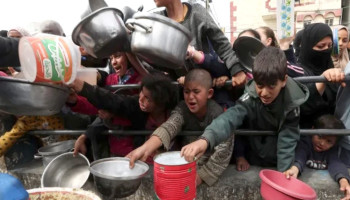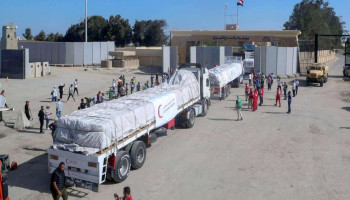Syria’s self-proclaimed president, Abu Mohammed al-Jolani, has been recognized as one of Time magazine's 100 most influential people of 2025, even as Hay’at Tahrir al-Sham (HTS) forces, under his leadership, continue targeting the Alawite minority in Syria.
His nomination, made by former US Ambassador to Syria Robert Ford, comes at a time when human rights bodies are sounding the alarm about sectarian violence in the war-torn country.
Jolani, once affiliated with al-Qaeda and Daesh, led HTS militants in their efforts to overthrow the government of President Bashar al-Assad last year.
Ford described Jolani as a figure who transitioned from militant commander to political figure, often forging alliances "at gunpoint" and securing Turkish support. However, Ford also questioned whether Jolani’s "moderate" stance is genuine or a strategic move for political gain.
Meanwhile, the HTS forces have been engaged in sectarian violence targeting Syria's Alawite minority. Over the past two weeks, at least 42 Alawites have been killed, following the massacre of approximately 1,700 members of the community in coastal areas last month.
The Syrian Observatory for Human Rights (SOHR) reported that these killings, which began escalating on March 7, have shifted from mass executions to individual acts of violence.
During a brutal campaign, HTS forces reportedly went door to door, killing civilians, including women and children. Videos shared on social media show unarmed Alawite men being executed, with some subjected to degrading treatment before their deaths.
Jolani has attempted to justify these actions as "mistakes" made during counterinsurgency operations against what his administration calls the "remnants" of Assad's government.
In response to public outrage, he established a fact-finding committee on March 9 to investigate the incidents. However, the committee’s deadline was extended by three months on April 11, raising doubts about the investigation's credibility.
As sectarian tensions persist, nearly 30,000 Alawites have fled to neighboring Lebanon to escape the violence.
Source:press tv
Jolani in Time's 2025 influential list amid sectarian killings in Syria
الجمعة, 18 أبريل 2025








